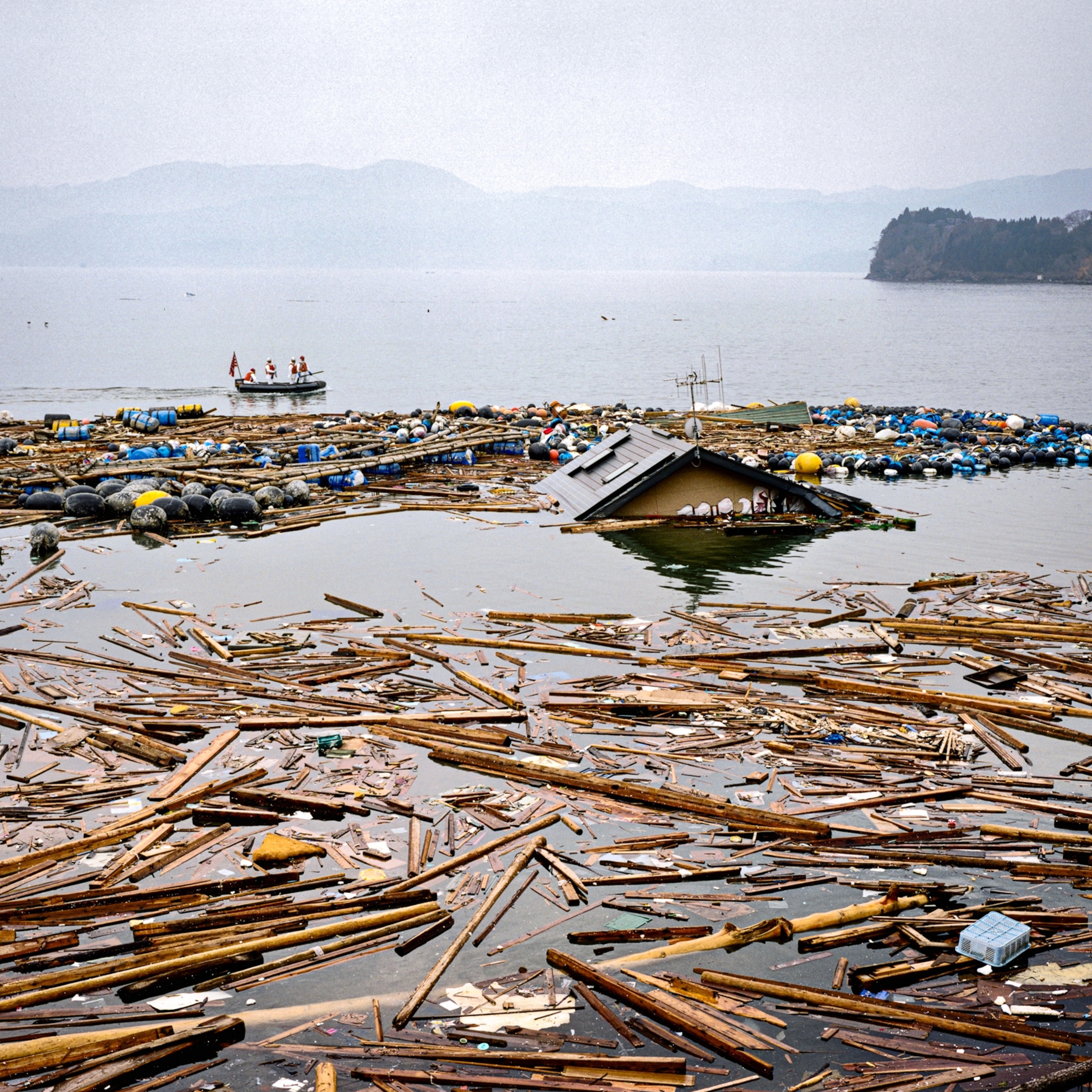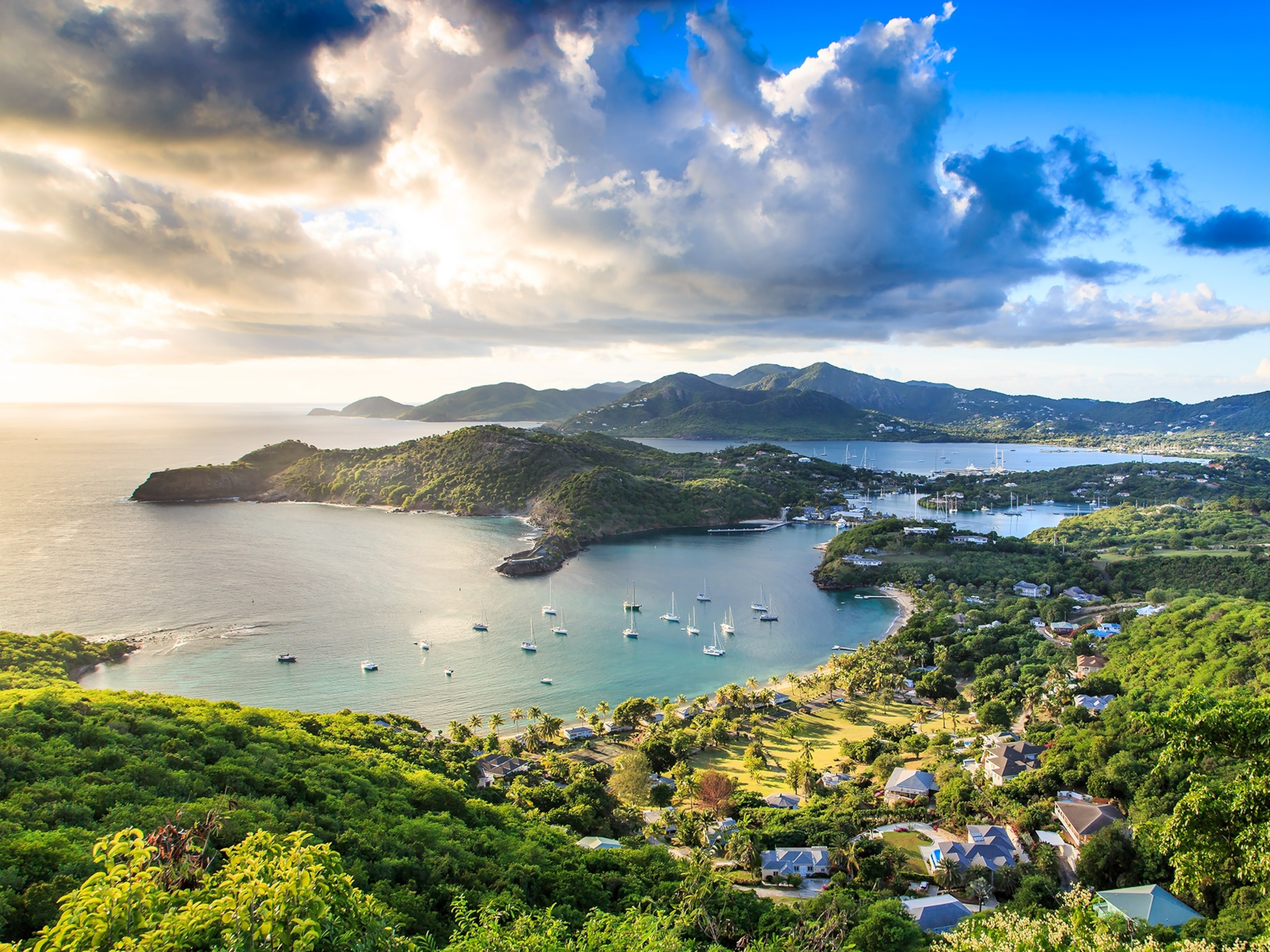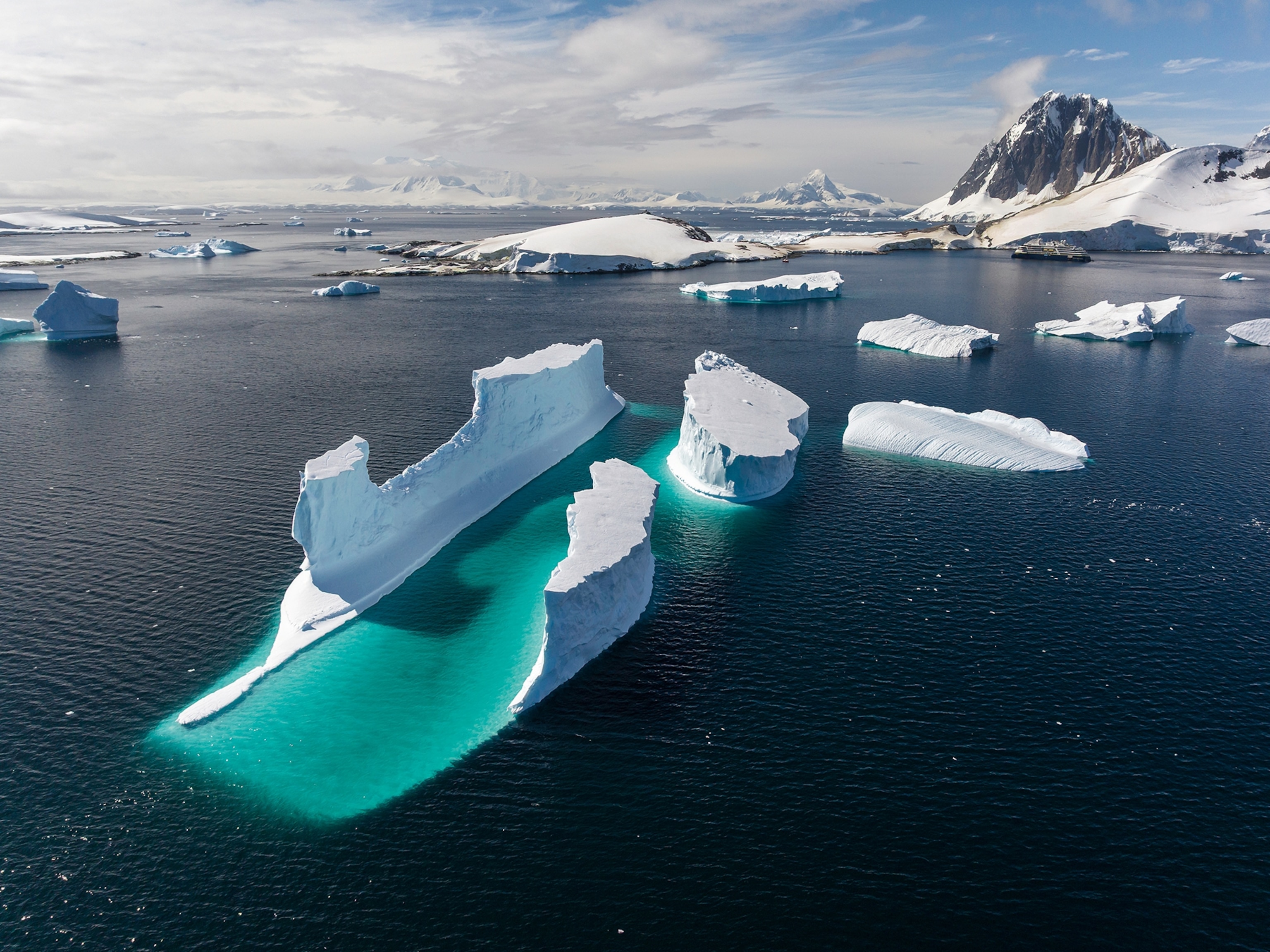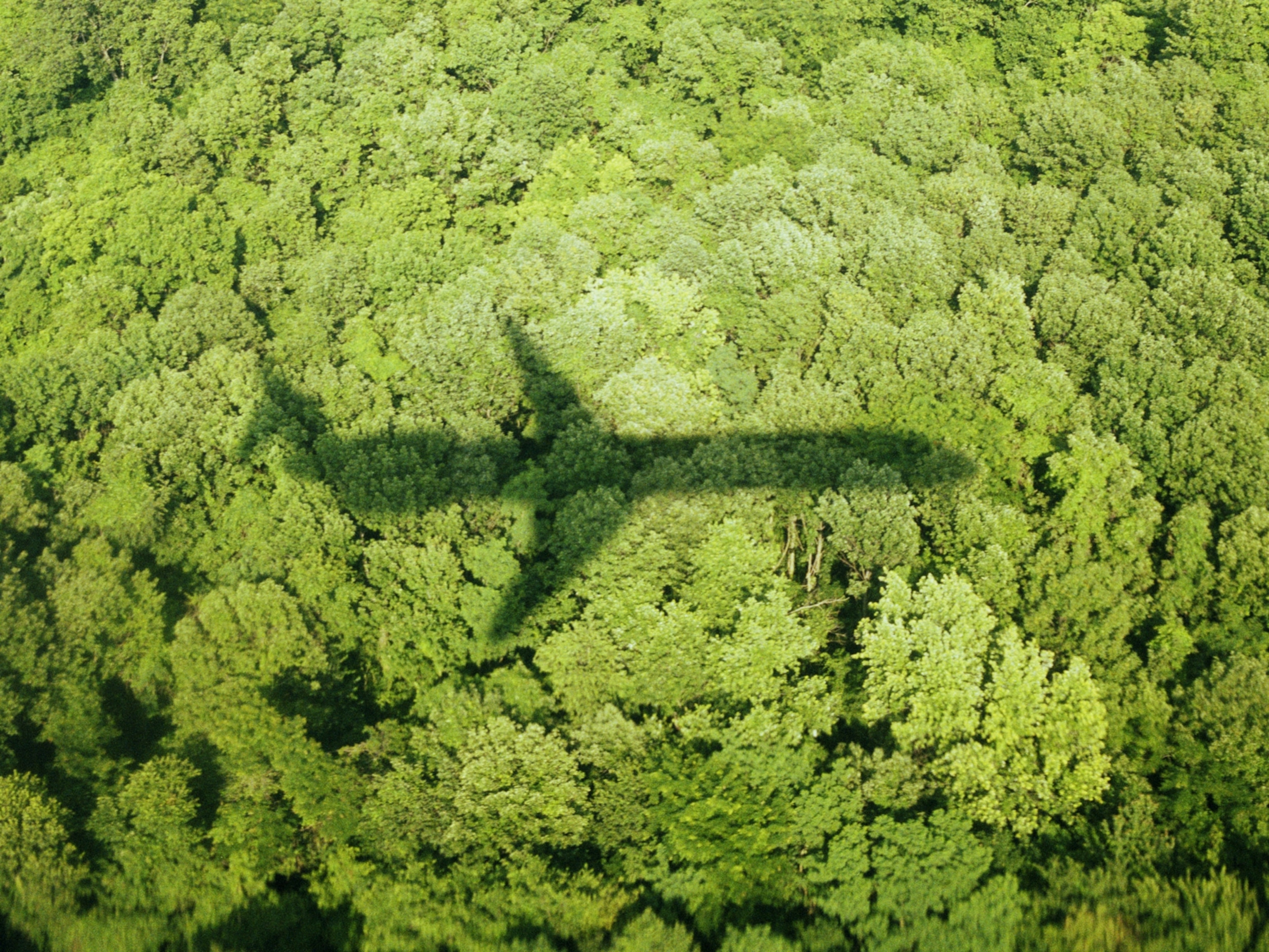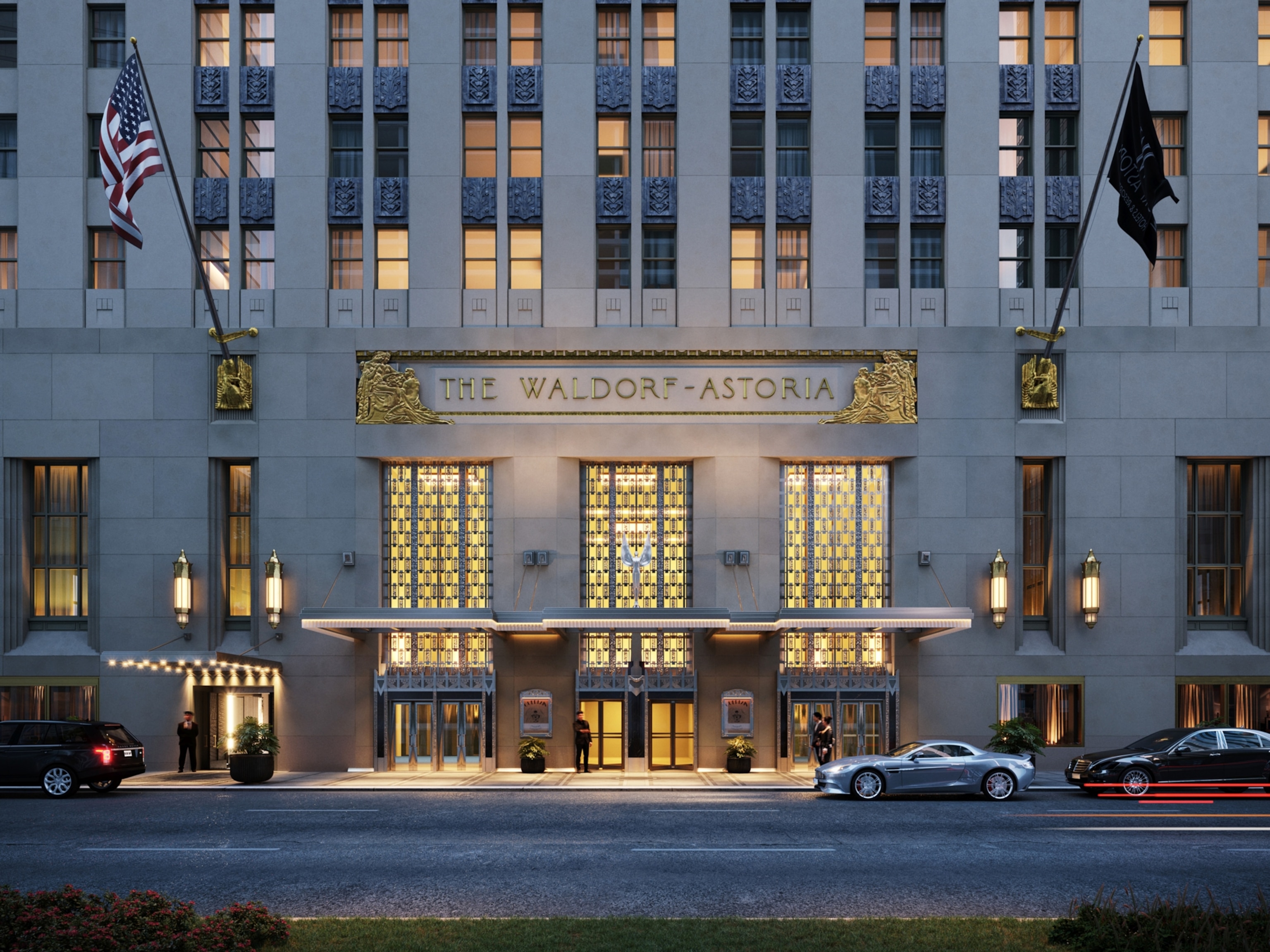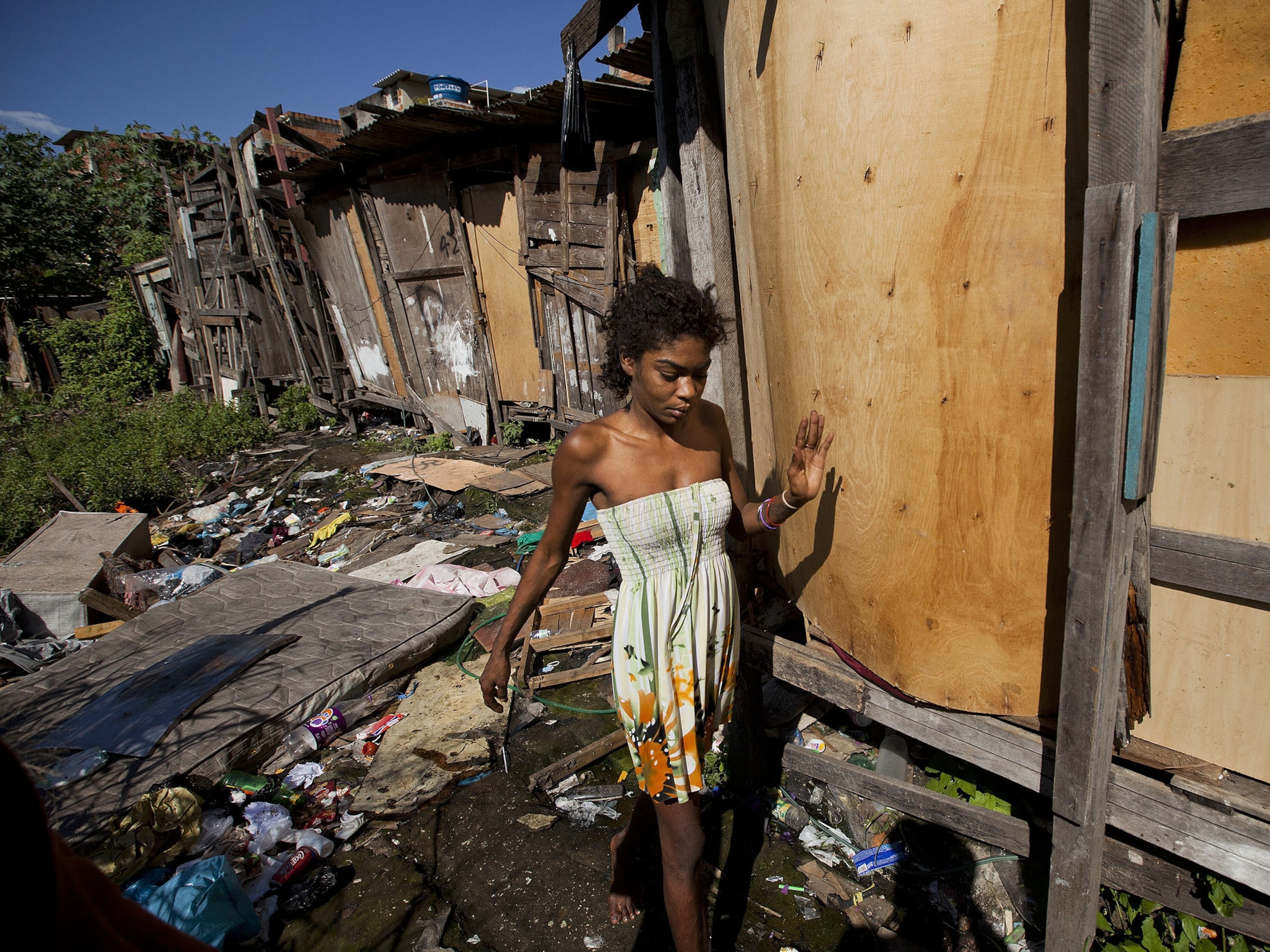
Rio+20 Brings Hope and Solutions Despite Weak Talks
Few observers are pleased with the United Nations negotiations on sustainable development, but bright spots shine through in Brazil.
Military helicopters whir overhead and trucks full of well-armed troops weave around a steady stream of shuttle buses, which ferry thousands of official delegates, nonprofit staffers, and journalists from the airport and hotels around Rio de Janeiro to the Riocentro Convention Center.
Framed by verdant hills in a suburban part of the city, Riocentro was built to house the first Earth Summit in 1992. Now it is hosting delegates from 190 nations for the United Nations Conference on Sustainable Development (Rio+20), including the heads of state of Russia, France, India, and Brazil, plus high-level representatives from many other countries.
The official UN negotiations are taking place June 20 to 22, although there have been more than 3,000 Rio+20-related events around the city over the past month, drawing more than 50,000 out-of-towners. These have included gatherings of indigenous people, protest rallies, art exhibits, themed beach parties, and even a march by topless feminists who called for an end to exploitation of nature.
Activists built a tank out of bread, an imitation shantytown, and elaborate sand castles on Rio's stunning beaches to draw attention to their causes.
After a two-year effort, the conference pre-negotiations wrapped up Tuesday with a 49-page document called "The Future We Want." Participating world leaders are expected to accept that document Friday, with the intended goal of laying out a road map for sustainable development.
Dilma Rousseff, the president of Brazil, told the conference on Wednesday, "Current development models have pretty much exhausted their ability to respond to contemporary challenges."
Rousseff went on to detail some of the progress made by Brazil since the first Earth Summit, including sourcing 45 percent of the country's energy through renewable sources (mostly hydropower), setting voluntary commitments to reduce greenhouse gas emissions, and placing a vast amount of land in the Amazon under protection—all while creating 18 million jobs and boosting agricultural productivity by 180 percent.
Rousseff called sustainable development "the best possible response to climate change," and added, "We do know that the cost of inaction will be higher than making the necessary arrangements... To that end we must be ambitious. It is a major commitment not to have a setback from what we agreed in 1992."
The UN Secretary-General, Ban Ki-moon, told the conference, "Twenty years ago the Earth Summit put sustainable development on the agenda." But he added, "Our efforts have not measured up to the challenge."
Ban Ki-moon said, "We recognize that the old model for economic development and social development is broken. We must create a new model, and set a new course that balances imperatives of economic growth and sustainable development."
Ban Ki-moon pointed out that 20 years ago there were 5.5 billion people, but now there are 7 billion. By 2030 we will need 50 percent more food and 45 percent more energy than we do today.
"Let us not forget the scarcest resource of all, time. We are running out of time," Ban Ki-moon said.
Building a Road Map
Time was running out quickly for the delegates who were trying to hammer out a final document before the top leaders arrived in Riocentro Wednesday. As the lead negotiators, the Brazilian delegation worked late into the night on Monday to build international agreement on the draft.
The result was a document that speaks in broad terms about the need to extend economic opportunities to the world's poor while preserving the environment for future generations. The draft does not call for specific reductions in climate emissions and it does not define concrete Sustainable Development Goals, which many hoped would take the place of the Millennium Development Goals, which expire in 2015. The final draft cut out a proposed 30-billion-dollar fund that would have helped finance a transition to a green economy.
The document does call for increasing support to the United Nations Environment Program, a move that requires approval by the UN General Assembly. In broad terms, the draft acknowledges that gross domestic product (GDP) is not a complete way to measure a country's development, since it makes no mention of the state of the environment. The document also calls on the private sector to more thoroughly incorporate sustainability.
Many environmentalists at the conference criticized the document as inadequate to make meaningful progress. Kumi Naidoo, Greenpeace International's executive director, said in a statement, "Rio+20 has turned into an epic failure. It has failed on equity, failed on ecology, and failed on economy."
The World Wildlife Fund called the document "less than satisfactory from any point of view" and warned that without improvement the conference "will have been a colossal waste of time."
During a pre-conference plenary, delegates from the European Union criticized the draft for lacking specific time frames and targets and for having a "lack of ambition."
On Wednesday, France's newly elected president, Francois Hollande, told the conference that he regrets that the plan does not specify funding goals.
Tropical ecologist, George Mason University professor, and National Geographic fellow Thomas Lovejoy told National Geographic News in Rio, "I think we are all disappointed by the watering down of the text." (The Society owns National Geographic News.)
Asked at a press conference if the Brazilian government is disappointed with the final draft, Foreign Minister Antonio de Aguiar Patriota said, "If everyone is equally dissatisfied, it's because it is the result of compromise. Given the difficulty we were facing a few days ago, with only 30 percent of the agreement done, we did accomplish a lot."
(See "10 Countries With the Biggest Environmental Footprints")
Economic Challenges
Conspicuously absent from Rio+20 are Barack Obama, U.K. Prime Minister David Cameron, and German Chancellor Angela Merkel, all of whom were in Mexico for the G20 economic summit earlier this week. Although Obama has reportedly dispatched Secretary of State Hillary Clinton to Rio, his absence disappoints observers who remember that George H.W. Bush had attended the first Earth Summit.
Acknowledging that world leaders are grappling with economic stagnation and instability, especially in Europe, Hollande admonished, "There is not just the financial crisis, there is also the ecological crisis."
Wen Jiabao, the premier (prime minister) of China, told the conference Wednesday, "We must promote global sustainable development and promote equal right to development for all countries." Jiabao said, "The gap between the North and the South is widening."
Jiabao pointed out that the green economy has grown rapidly, but he said it lacks uniform standards.
(See "5 Challenges for Green Jobs")
Still Much to Celebrate
After lamenting the lack of rigor in the conference draft, Brazilian environmentalist Tasso Rezende de Azevedo told a small group in Rio, "It really doesn't matter, because Rio+20 is an immense success. What's happened around it is very rich."
Azevedo is referring to the massive exchange of ideas through the conference's many associated events, plus many more around the world and online. Azevedo, who recently served as Director-General in Brazil's Ministry of the Environment, said that he had been a 19-year old student during the first Earth Summit in 1992, when he slept on the beach and hung out in the neighborhood Flamengo, where the NGOs were gathered. "Now you see governments, the private sector, and NGOs together," said Azevedo, who consults with Imaflora, a nonprofit that certifies sustainable forestry and agriculture in Brazil.
Lovejoy said he found many of the side events encouraging. "The private sector is very impressive in terms of serious commitments," Lovejoy said. "The Inter-American Development Bank has a new biological diversity platform. The green economy sessions in various forms are all very encouraging, although there is still a minority that mistake it for 'putting a price on nature.'"
As president of Rio+20 as well as president of Brazil, Rousseff said, "This can be called the largest UN conference of active participants in civil society." She added, "Deep-seeded changes in collective institutions are needed."
It's unclear whether Rio+20 will result in those changes, but for now delegates are still working behind the scenes, and the dialog continues in Brazil.

